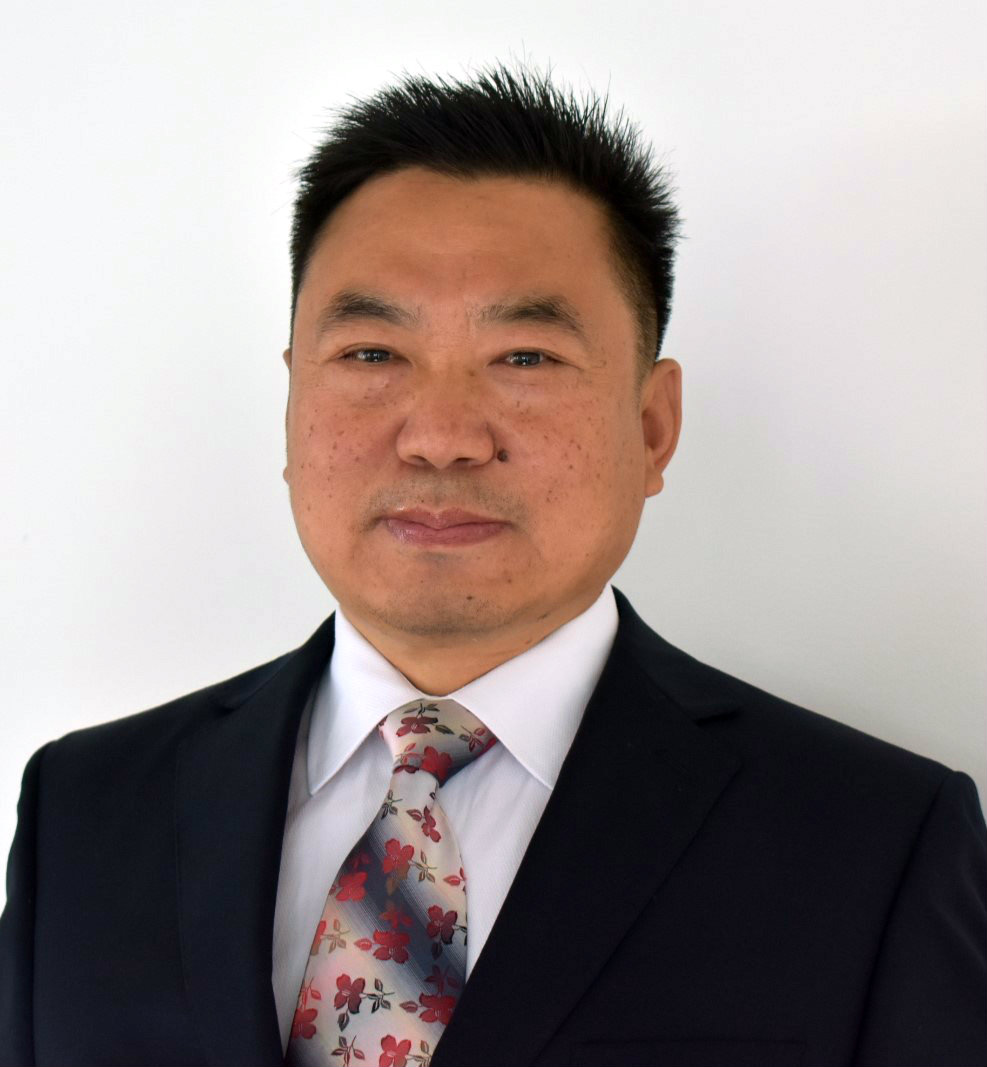The Landlady and the Golden-Haired, Blue-Eyed Stud
The Landlady and the Golden-Haired, Blue-Eyed Student
Toronto · Peter Lee
During the first few years after immigrating to Toronto, I rented a room from a Chinese landlord couple.
At the time, they seemed to be in their early thirties, had no children, and were quite good-looking. At first, I envied their life: they had already settled in Toronto and were familiar with the local environment; whereas we had neither a house nor stable work.
However, it didn’t take long for me to notice that their family life was far from peaceful.
The couple frequently argued loudly, exchanging harsh words without restraint.
I secretly felt relieved: if I had to quarrel every day like them, I would be exhausted after just a day of hard work.
One morning, the shouting downstairs escalated again. Running late for work, I quickly took a shower, grabbed a bite of breakfast, and rode my bike out.
Just as I was leaving, I heard the landlady complain to her husband:
“You’re a useless man, can’t make any real money. Look at so-and-so, their family works at Northern Electric, doing this and that…”
At that moment, I felt a jolt in my chest, as if she were scolding me too.
Every day I did rough manual work, earned little, and as a new immigrant, I saw no obvious prospects in Toronto.
In the landlady’s eyes, I seemed like a “useless man” as well.
Riding my bike to the café, I felt the unique rhythm of the city:
wide streets, neat low-rise houses, occasional birdsong, and the distant clatter of streetcars.
For a new immigrant, cycling through the city like this was the most direct way to experience freedom and pressure coexisting in real life.
Once work began, I was fully absorbed.
The café was small, and my tasks included cleaning, making sandwiches and coffee, and delivering orders.
Most customers were college students from nearby schools.
Running a small business here was not easy: rent and labor were expensive, and everyone was busy.
Once the doors opened, I quickly forgot the landlady’s morning scolding.
Time passed swiftly, and soon it was noon. Students trickled in for lunch.
Here, male and female students were close; unlike in Chinese universities, they did not deliberately keep distance.
Boys and girls walked side by side, laughter and phone ringtones mingling in the air, full of youthful energy.
Watching these vibrant young people, I felt both envy and awe: their world seemed free from rigid rules and profit-driven pressure.
Suddenly, a couple approached me.
The girl was golden-haired and blue-eyed, strikingly beautiful; the boy was ordinary.
They each ordered a coffee and a sandwich.
The boy handed me a twenty-dollar bill, which I used to charge for both their meals.
Then, the girl also handed me a twenty-dollar bill, seemingly unaware that her boyfriend had already paid.
I smiled and said:
“Your boyfriend has already paid.”
What happened next left a deep impression on me:
The golden-haired, blue-eyed girl casually handed the money back to her boyfriend.
He accepted it and then returned the remaining change to her.
Everything happened naturally, without pretense or hesitation.
More than ten years have passed, yet this scene remains etched in my memory.
Over time, I’ve seen similar gestures more often, and they no longer surprise me—but that moment of spontaneity and simplicity still resonates deeply.
Returning home after work, I looked at the landlady and couldn’t help but compare her to that student.
The landlady’s anger, restrictions, and belief—that “a good man must make money outside”—stood in stark contrast to the girl’s natural ease.
It made me reflect: although men and women are formally equal in Chinese society, traditional notions still tightly constrain choices, especially for men.
At that moment, I realized: true freedom in life does not depend on external wealth or power, but on a natural and honest heart.
The golden-haired, blue-eyed student, through what might have been a simple, casual gesture, revealed a kind of relationship unbound by rigid rules—and it was far more striking than any money or status.
Toronto, for a new immigrant, is both tolerant and harsh.
It gives freedom but demands independence; it offers hope, yet constantly reminds you that the weight of life’s choices must be borne alone.
Here, I learned to observe differences between people, and to understand the real meaning of freedom: it does not lie in external conditions, but in inner calm and ease.
Life, sometimes, is about growing slowly through such observations.
The landlady’s constraints and the student’s freedom, the past and the present, material and spirit—they all reminded me:
Freedom is not granted by others; it is a state of mind we choose.
True freedom is maintaining lightness of heart amid worldly pressures, and facing every moment of life with serenity, even in a complex world
